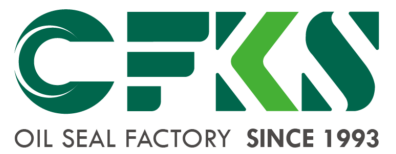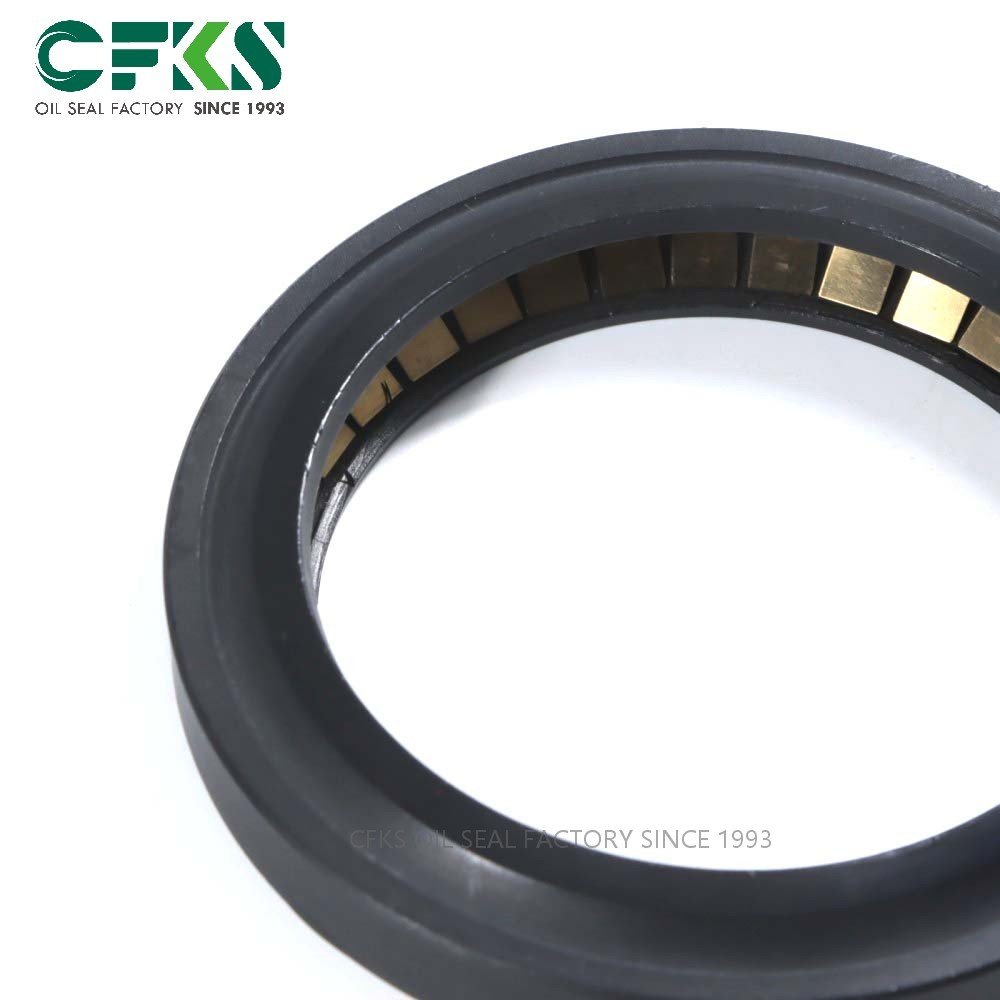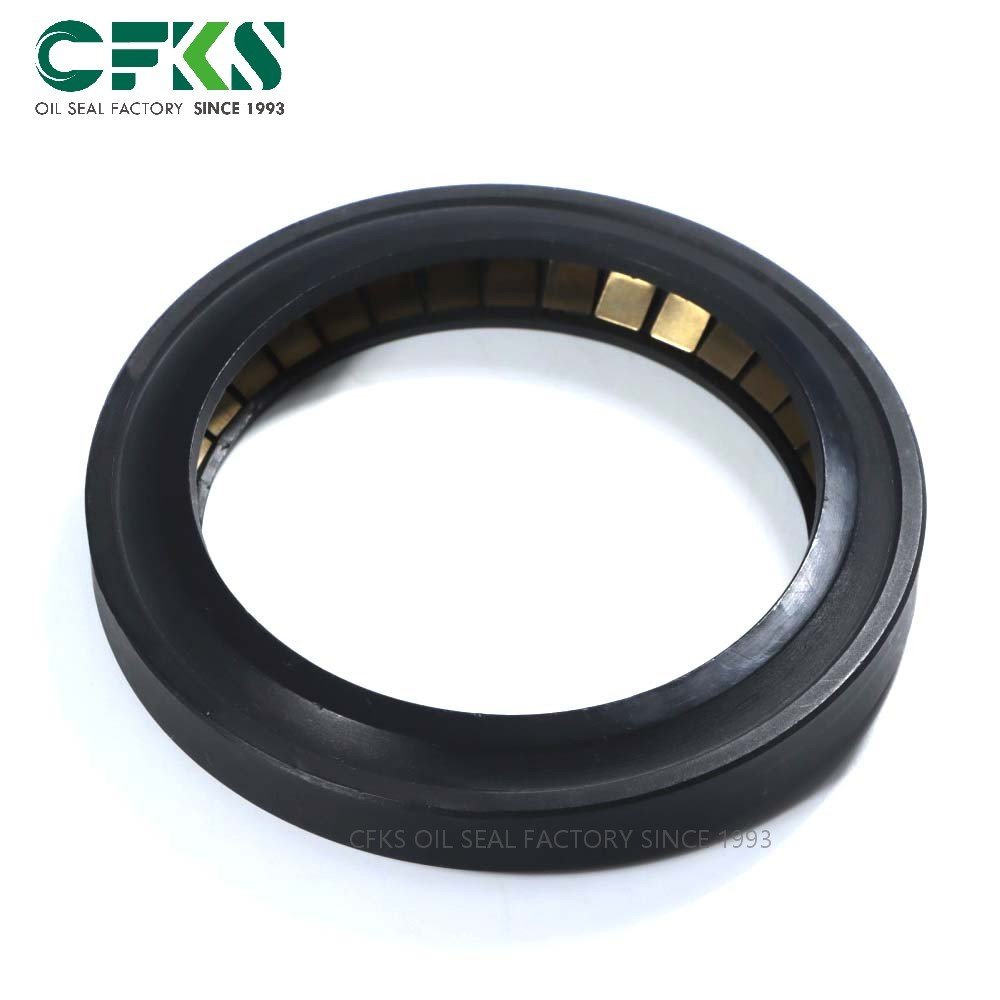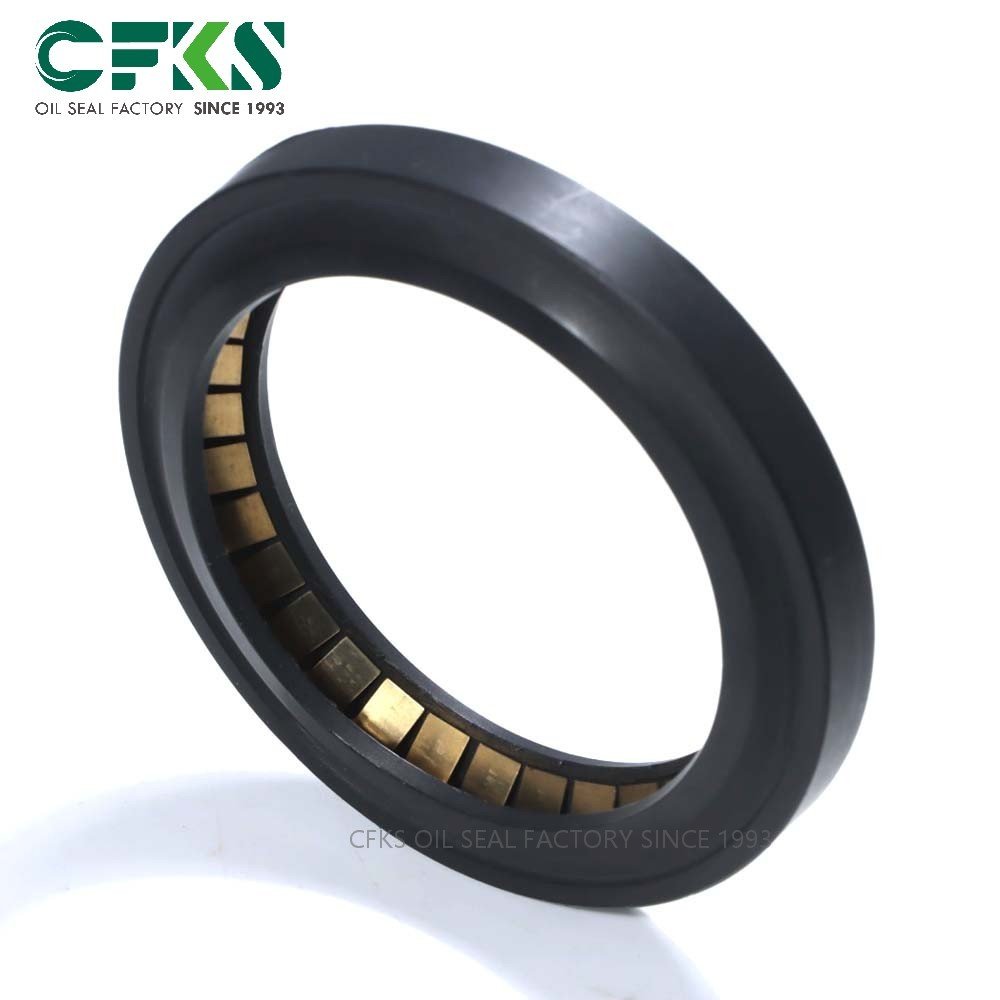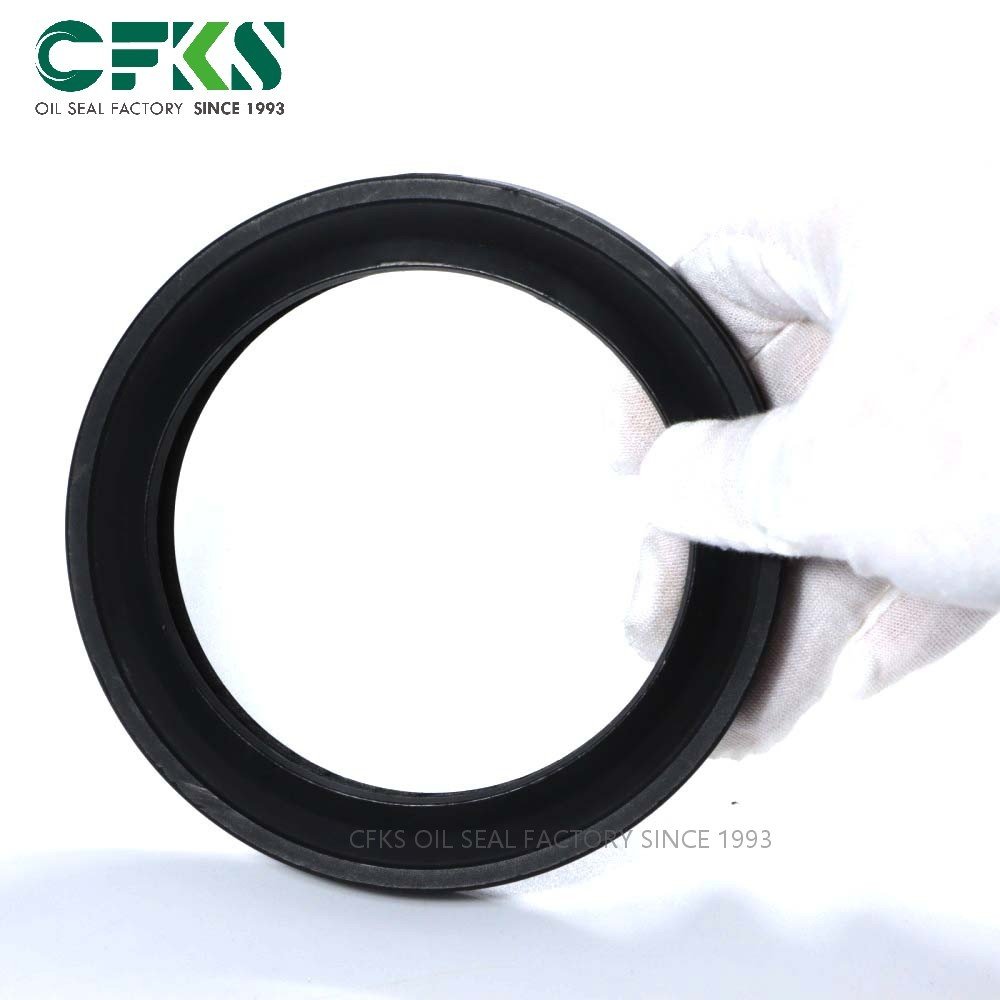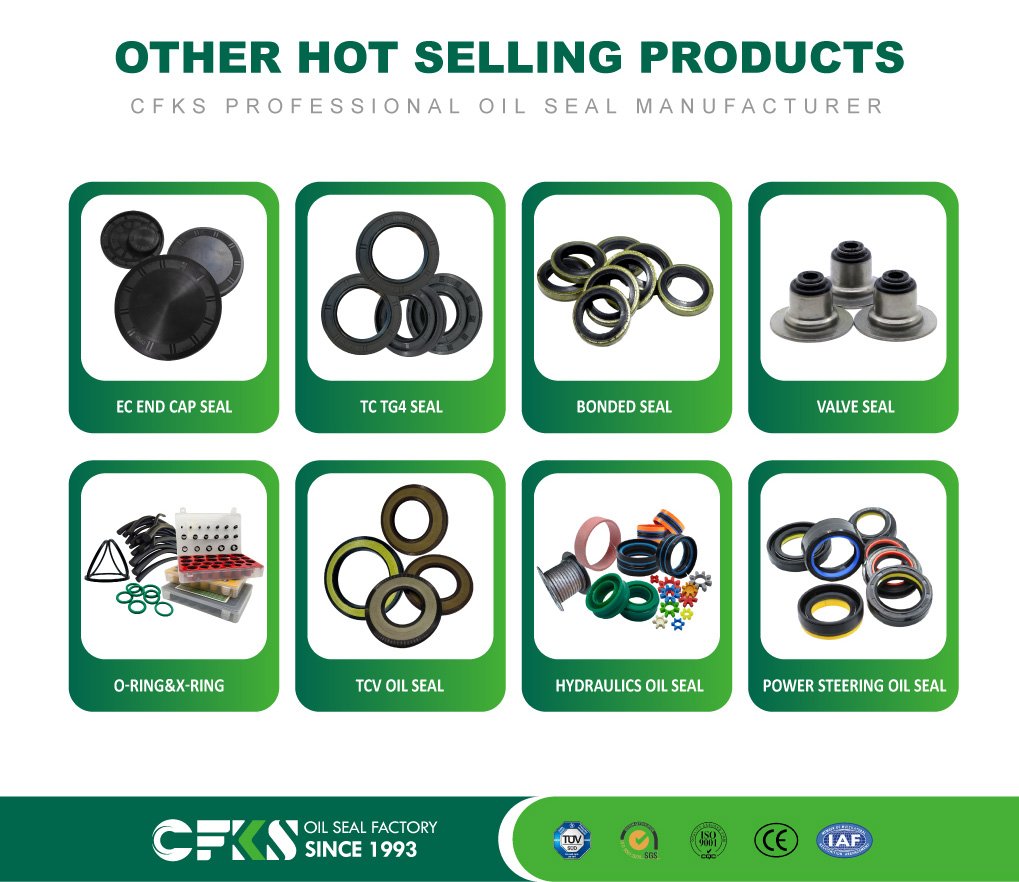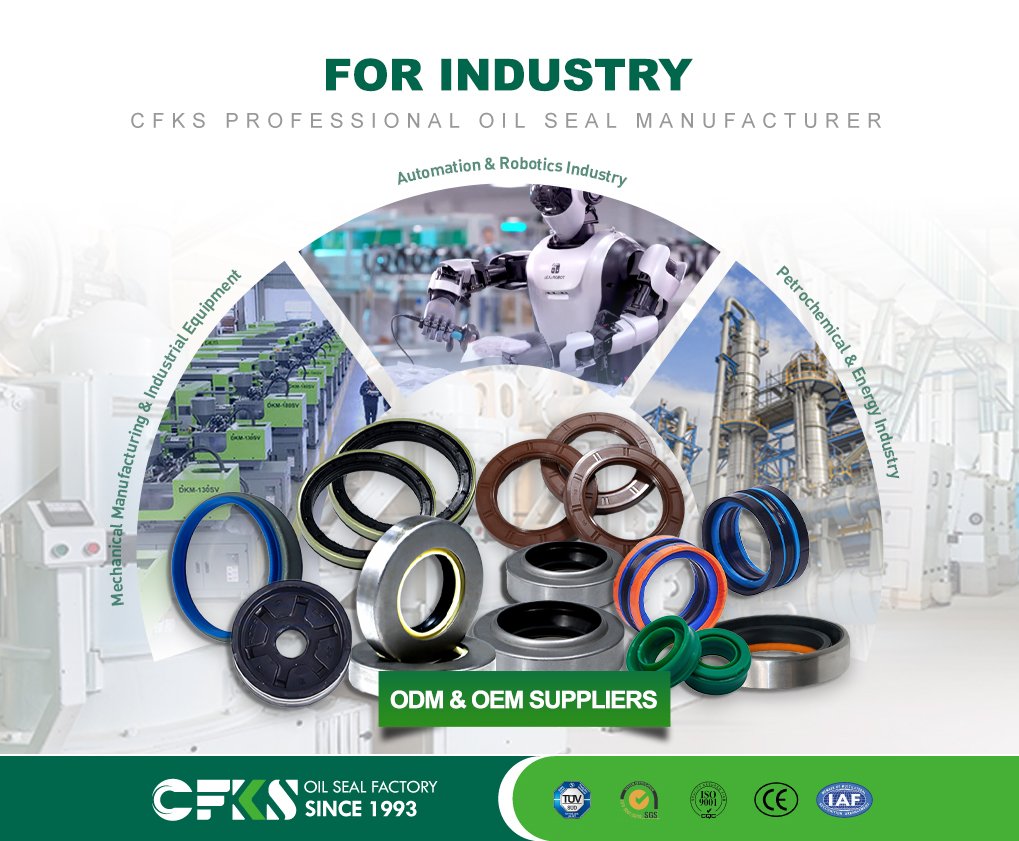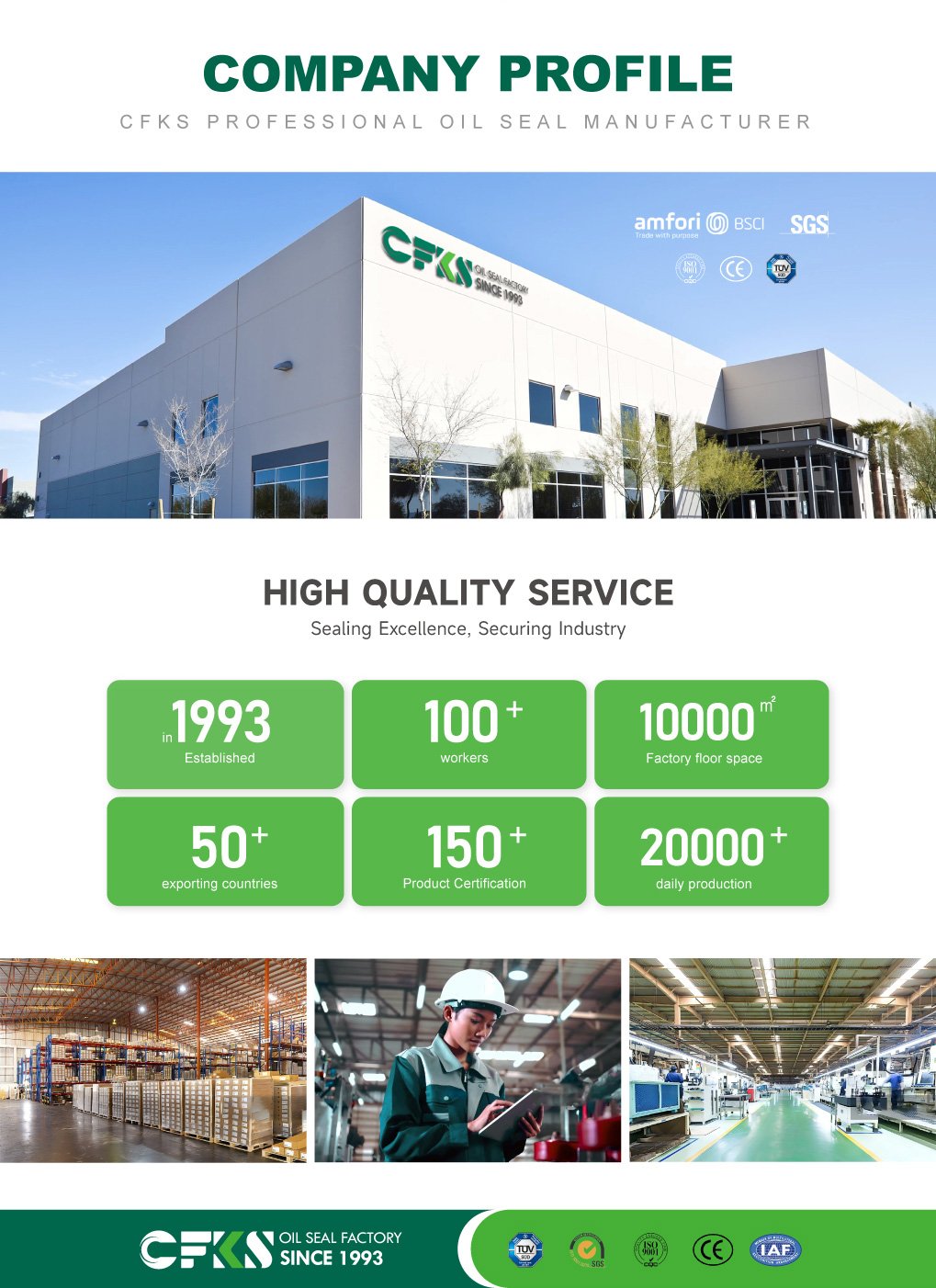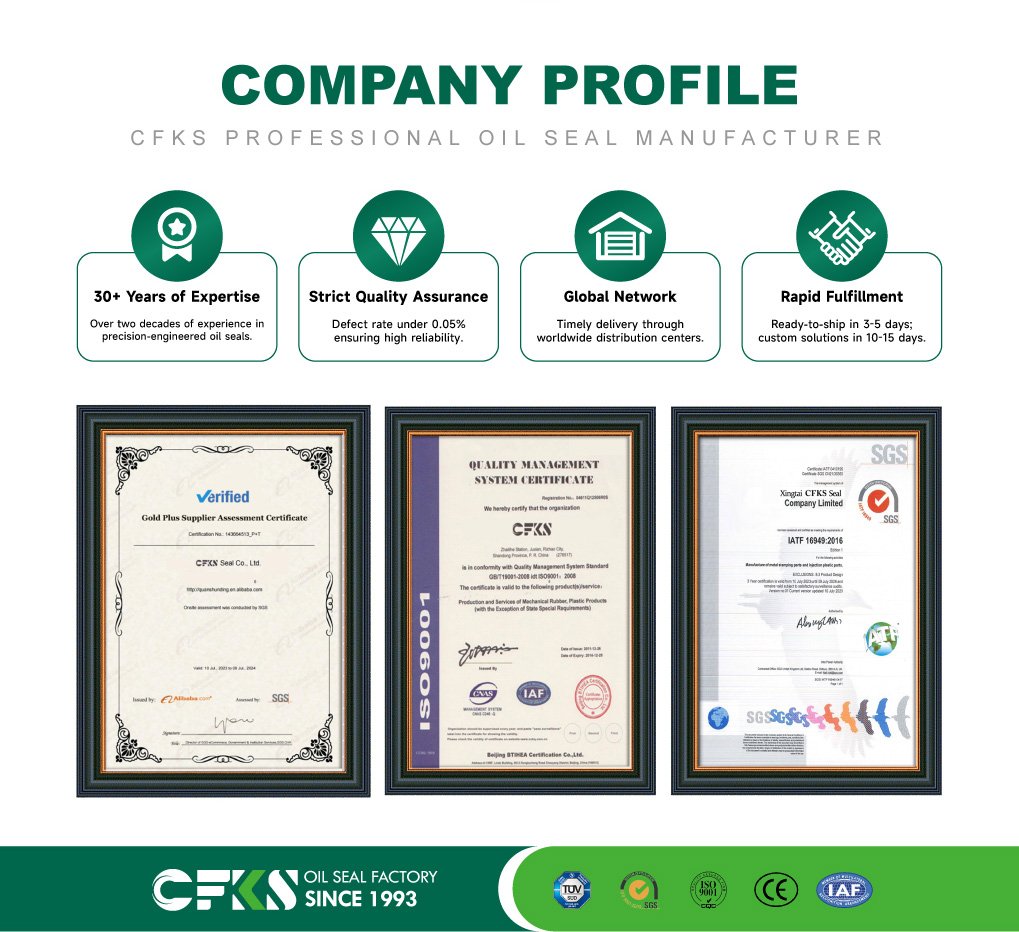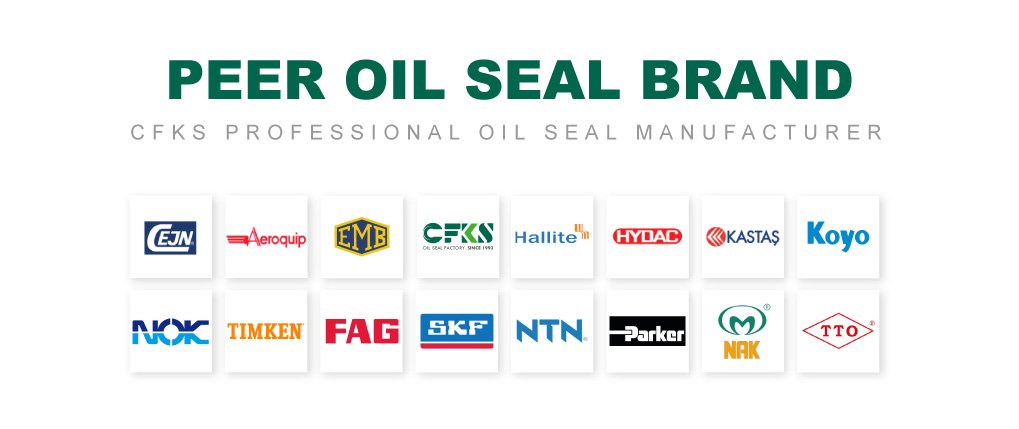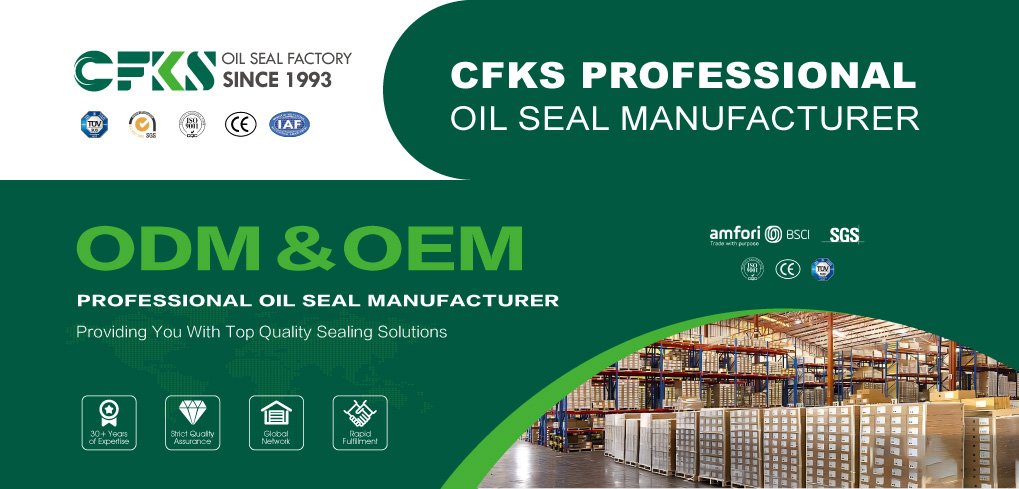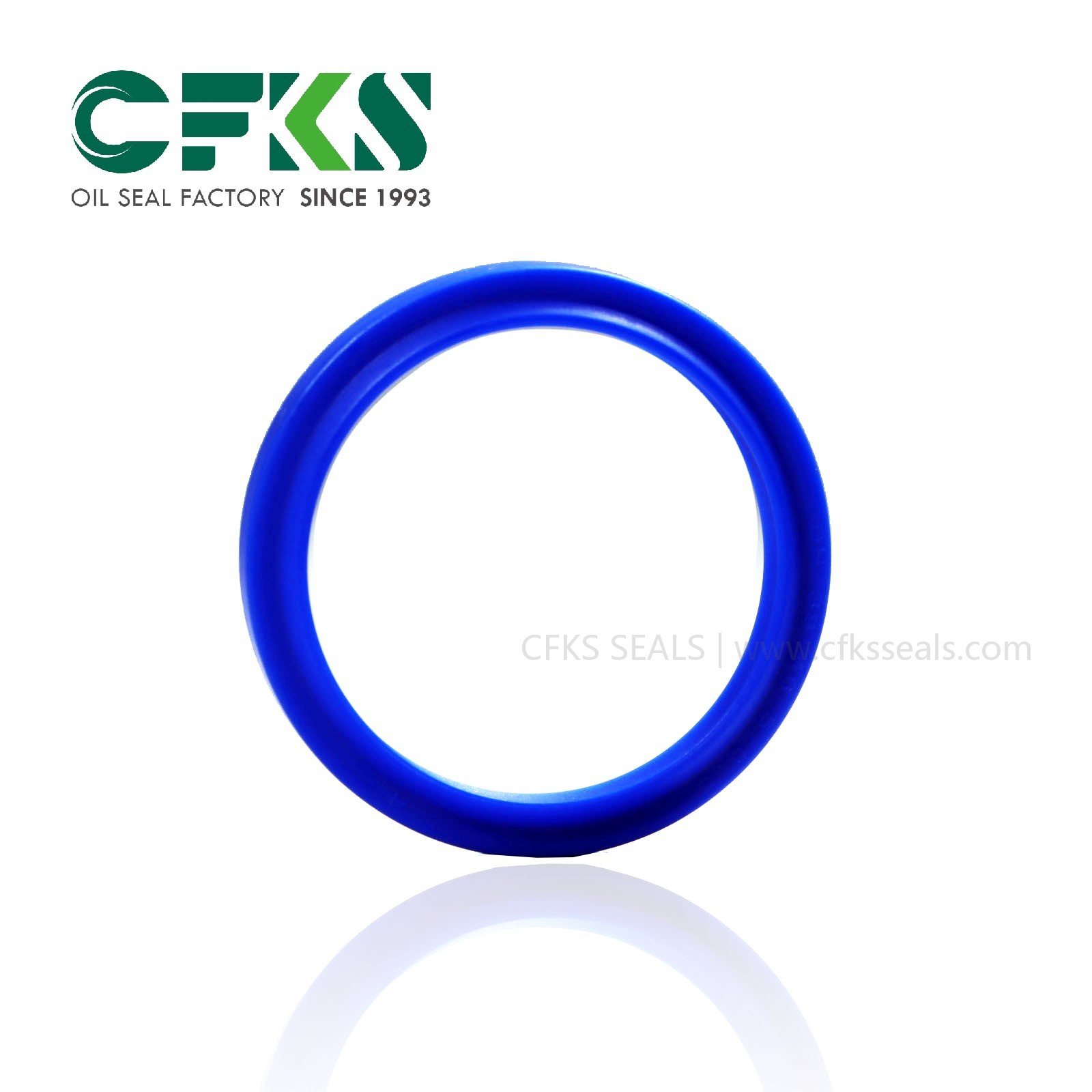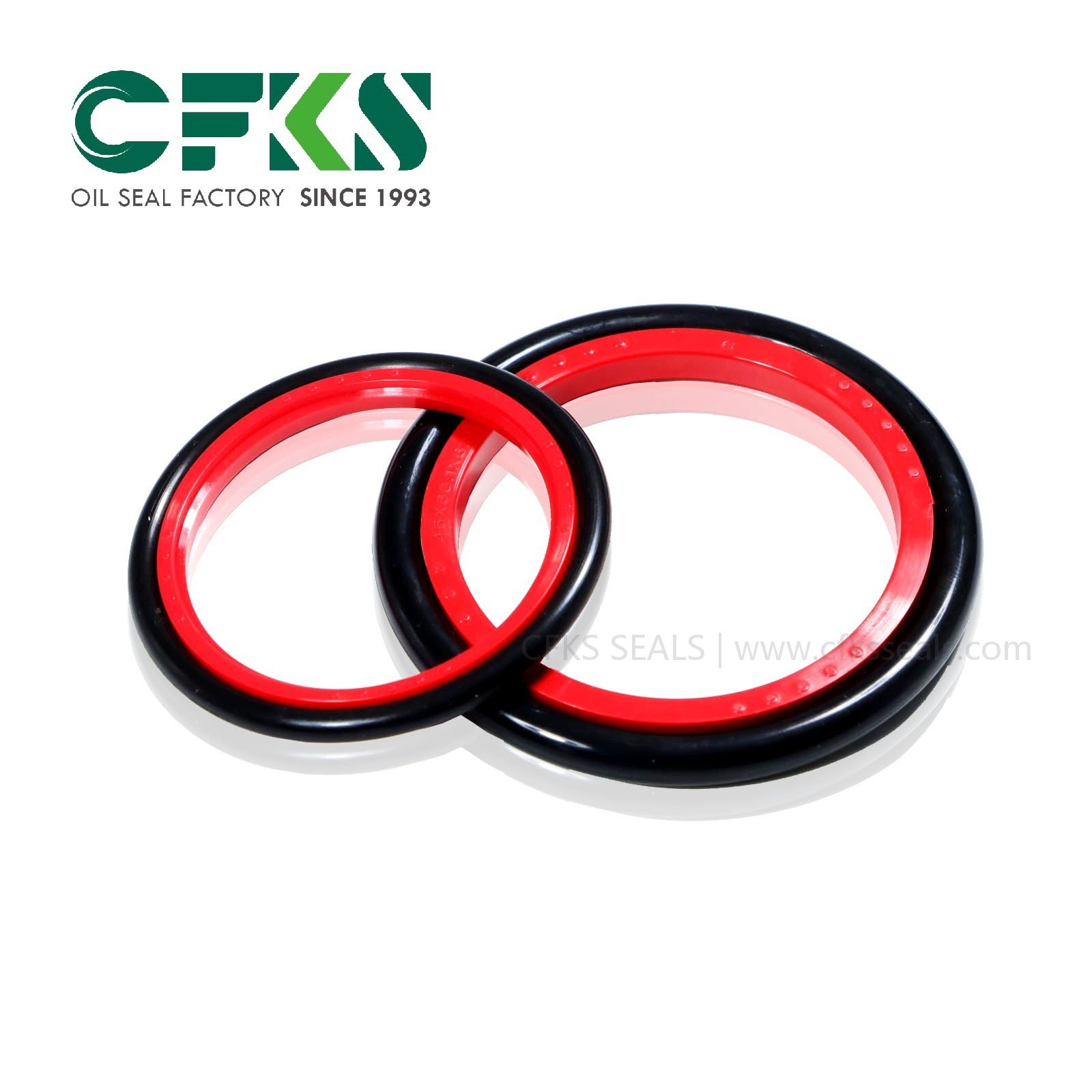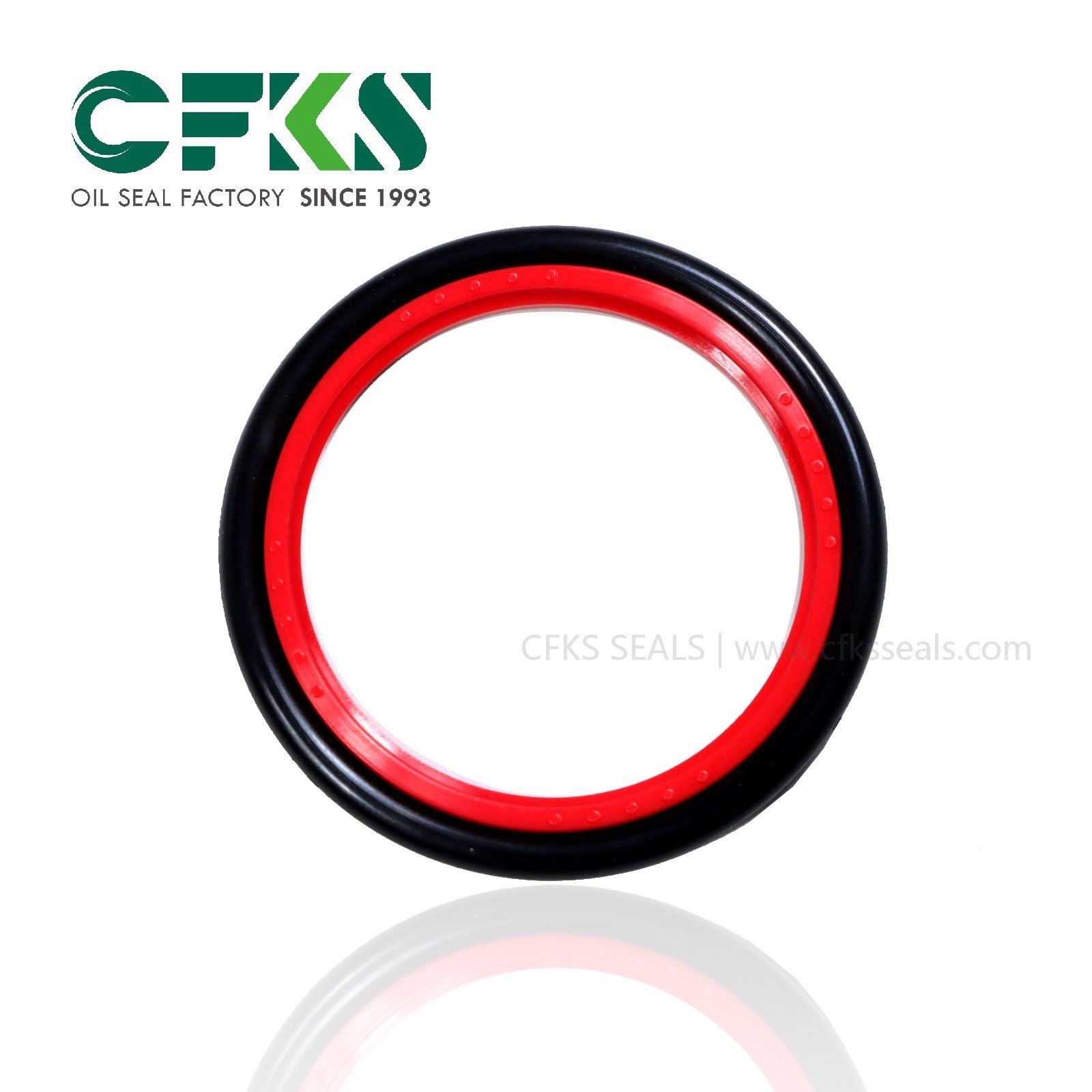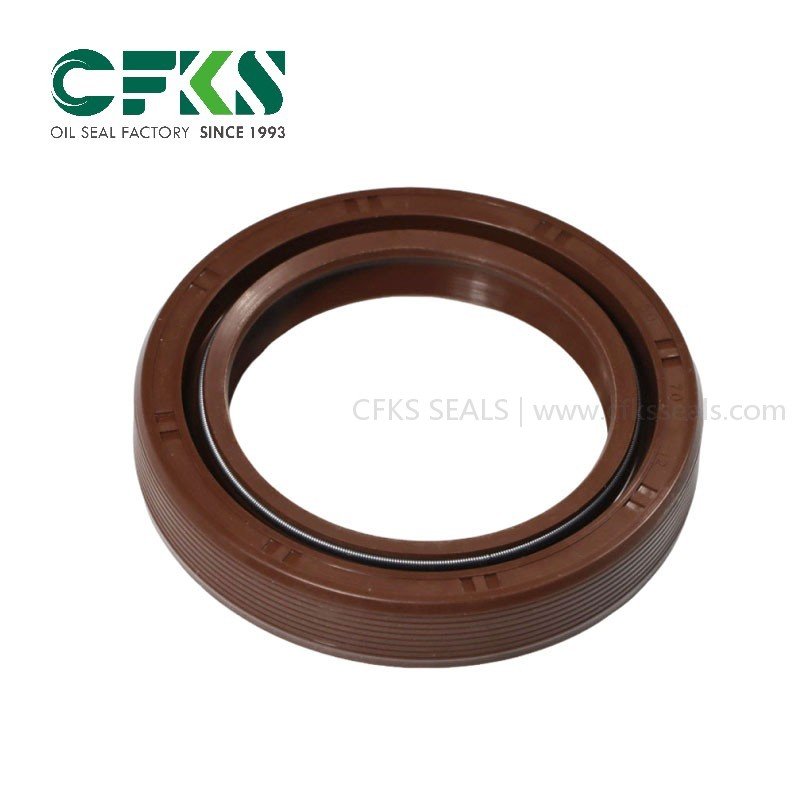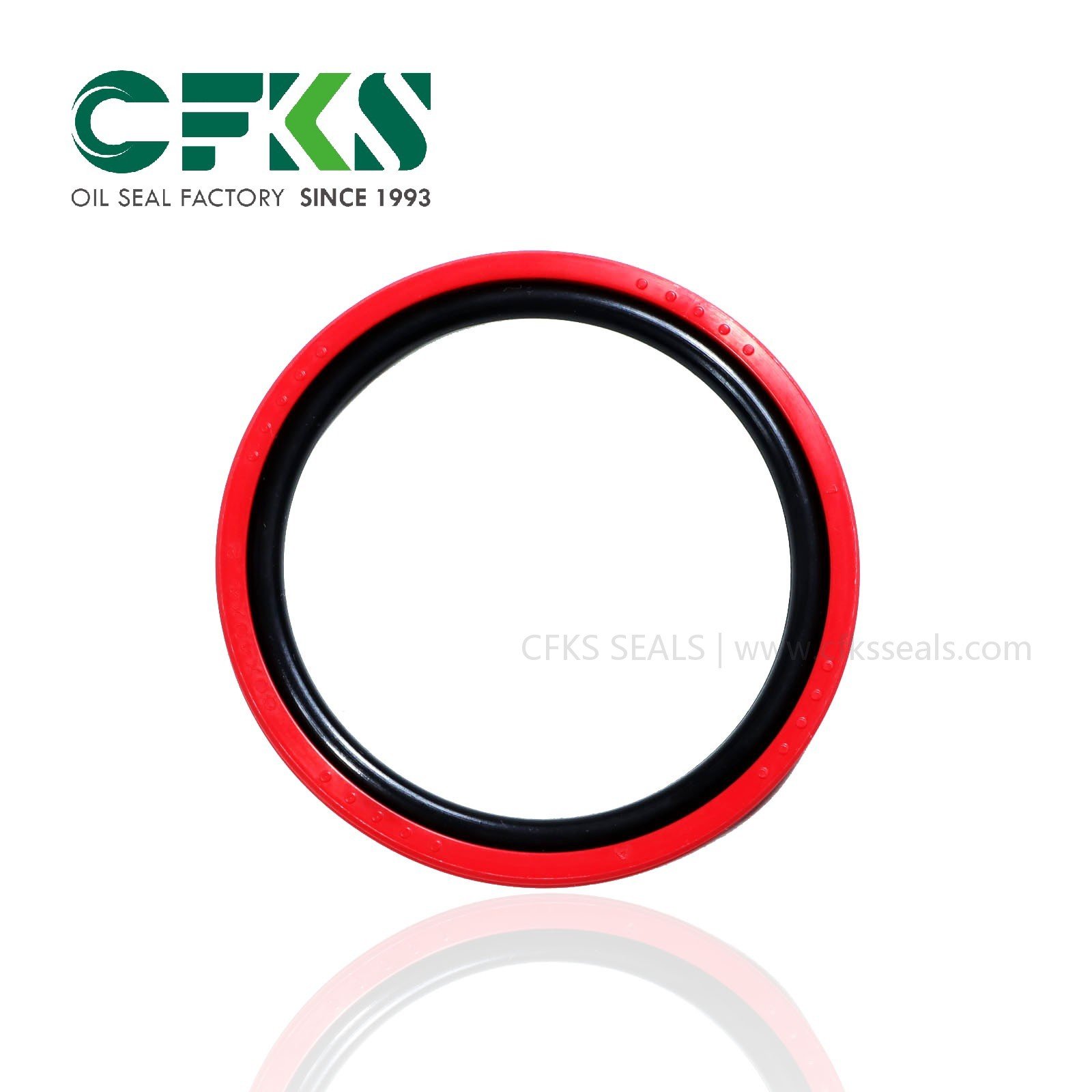CFKS Spring Energized Seal Plastic PTFE Spring Energized Hydraulic Rubber Plastic NBR PU Seal Mechanical Oil Seal
This Spring Energized Seal features high-quality PTFE, NBR, and PU materials to deliver superior sealing in high-pressure and high-temperature environments. Ideal for hydraulic, mechanical, and rotating systems, it offers excellent resistance to chemicals, wear, and extreme conditions. Designed for both plastic and rubber applications, this spring-loaded seal ensures leak-free operation and long-lasting durability.
Bonded Seal (12)
BS Seal (3)
Cassette Oil Seal (3)
Combi Oil Seal (3)
Construction Seal (9)
Coupling Spider (13)
DAS Seal (3)
DH Seal (4)
DHS Seal (3)
DK/DP Seal (3)
DLI Seal (3)
EC Cup Seal (3)
Glyd Ring (5)
Guide Ring (16)
HBY Seal (2)
High Pressure Water Seal (22)
Hydraulic Oil Seal (145)
IDU Seal (7)
JA Seal (5)
J Type Seal (5)
LBH Seal (2)
LBI Seal (2)
O-Ring/O-Ring Kit (12)
ODU Seal (8)
OK Seal (3)
OUY Seal (3)
Piston Seal (25)
Polyurethane Bump Stop (6)
Polyurethane Washer (3)
Power Transmission Parts (22)
Rod Seal (48)
Rotary Shaft Oil Seal (38)
Split Oil Seal (4)
Split Rotary Shaft Seal (3)
Spring Energized Seal (3)
Stainless Steel Oil Seal (3)
Step Seal (3)
TBV (20)
TC/TG Seal (100)
TCV/TCN (9)
UHS Seal (3)
UN/USH/UPH Rod Seal (21)
UPH Seal (2)
VA/VS Seal (3)
Wiper Seals/Dust Seal (36)
